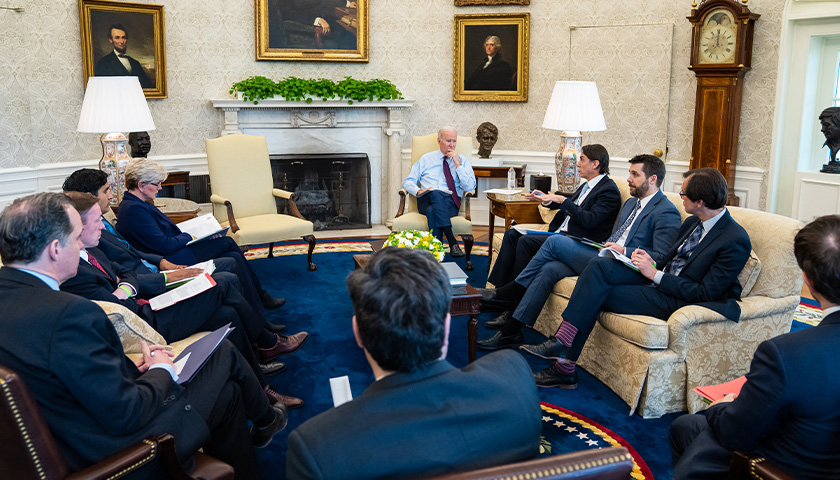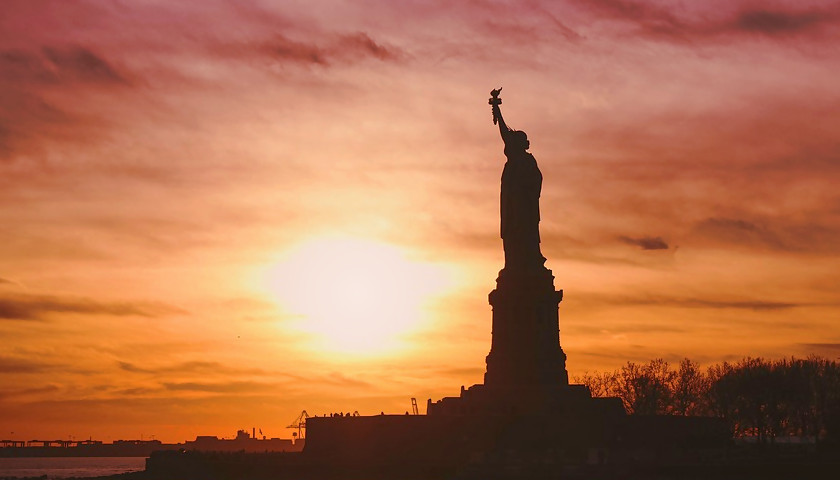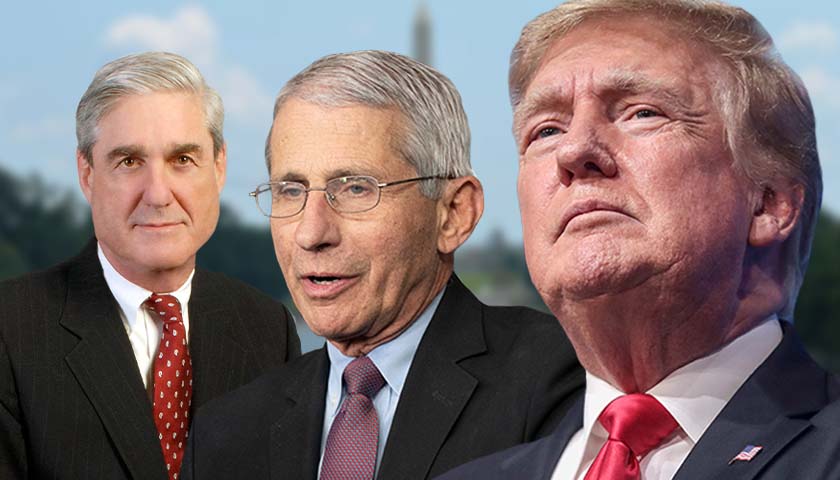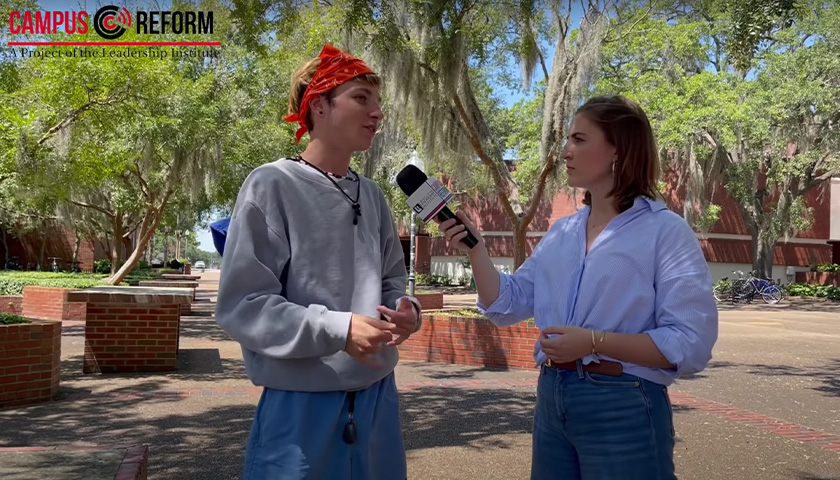Throughout history, humankind has excelled in being creative. I’d argue that we still do! Unfortunately, in our modern times, this natural creativity is being pushed aside in favor of our need to consume. This need is just as instinctual, of course; how could we survive if we didn’t consume water, food, sleep, or shelter? We simply have to consume the basic necessities before we can be free to produce anything else. This dichotomy of creativity and consumption is designed as a balance, and generally, it works very well.
We have a modern problem, however. Our natural need to consume has turned into a full-on culture and lifestyle, and it is being systematically progressed by sellers of all sorts. Politics, media, industry, technology, agriculture, and business advertisers everywhere have capitalized on offering us more, more, and more if we only buy their “thing.”
Read More












